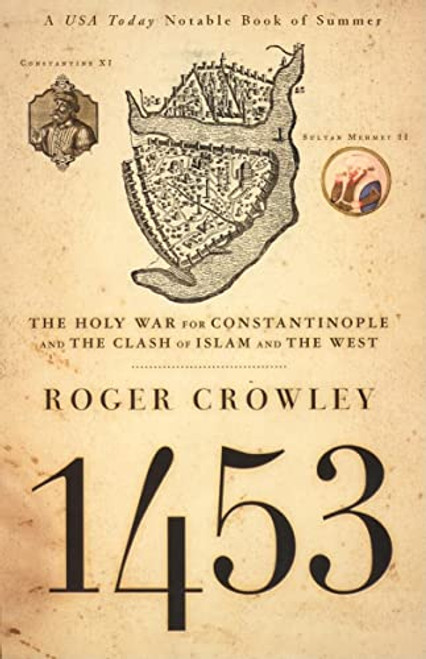Whether by choice or not, the West finds itself in a low-grade yet bitter war with Islamic fanaticism. It is a war the West is singularly ill equipped to fight. The foe is resistant to any of the normal methods of conflict resolution such as negotiation, economic sanctions, or conventional armed confrontation. The Suicide of Reason shows how modern liberal societies, whose political theories are born of the Enlightenment, are unfamiliar with the nature o mass fanaticism. The West can only think of fanaticism as a social pathology, a failure to modernize, rather than as what it is: a variety of social order that is not only fully viable in the modern world but also willing to use weapons to which the West is uniquely vulnerable. A governing philosophy based on reason, tolerance, and consensus cannot defend itself against a strategy of ruthless violence without being radically transformed-or destroyed. Extraordinarily original and thought-provoking, The Suicide of Reason explains the logic of fanatical movements from the Crusades through Nazism to radical Islam; describes how the Enlightenment overcame fanatical thinking in the West; shows why most Western attempts to address the problem are doomed to fail; and offers strategies by which liberal internationalism can defend itself without becoming a mirror of the tribal forces it is trying to defeat.
The Suicide of Reason: Radical Islam's Threat to the West
MSRP:
Was:
Now:
$13.70 - $27.73
(You save
)
(No reviews yet)
Write a Review

Write a Review

The Suicide of Reason: Radical Islam's Threat to the West
- SKU:
- UPC:
- 9780465002030
- Maximum Purchase:
- 3 units
- Binding:
- Hardcover
- Publication Date:
- 2007-07-10
- Author:
- Lee Harris
- Language:
- english
- Edition:
- 0

imusti
While Europe Slept: How Radical Islam is Destroying the West from Within
MSRP:
Was:
Now:
$11.32 - $41.10

Yale University Press
Radical Love: Teachings from the Islamic Mystical Tradition
MSRP:
Was:
Now:
$31.38 - $38.23

Without Roots: The West, Relativism, Christianity, Islam
MSRP:
Was:
Now:
$58.64 - $69.73

Reflections on the Revolution In Europe: Immigration, Islam, and the West
MSRP:
Was:
Now:
$22.63 - $34.04

Islam in the Modern World: Challenged by the West, Threatened by Fundamentalism, Keeping Faith with Tradition
MSRP:
Was:
Now:
$14.38 - $41.39

What's Right with Islam: A New Vision for Muslims and the West
MSRP:
Was:
Now:
$9.26 - $300.00

Hachette Books
1453: The Holy War for Constantinople and the Clash of Islam and the West
MSRP:
Was:
Now:
$13.86 - $25.66

Osprey Publishing
The Moors: The Islamic West 7th15th Centuries AD (Men-at-Arms)
MSRP:
Was:
Now:
$19.62 - $27.15
!

